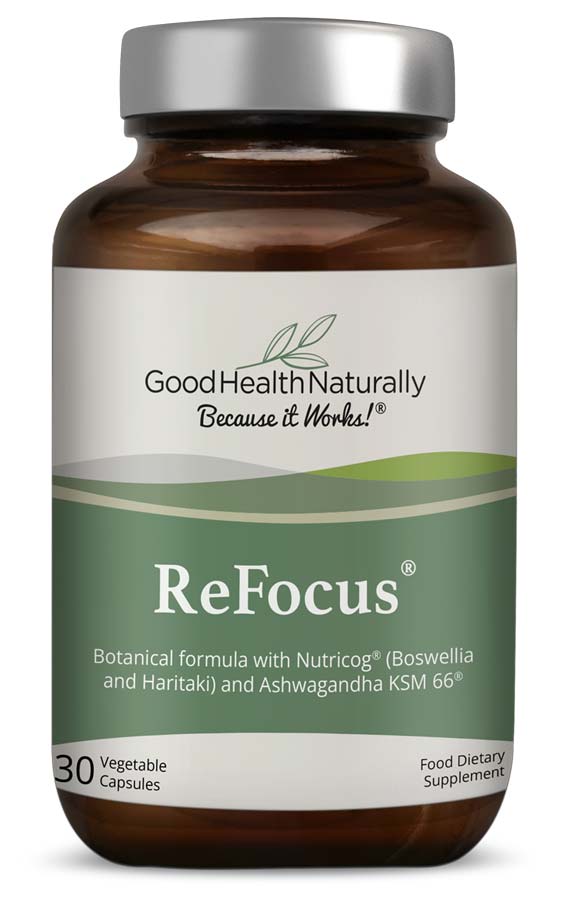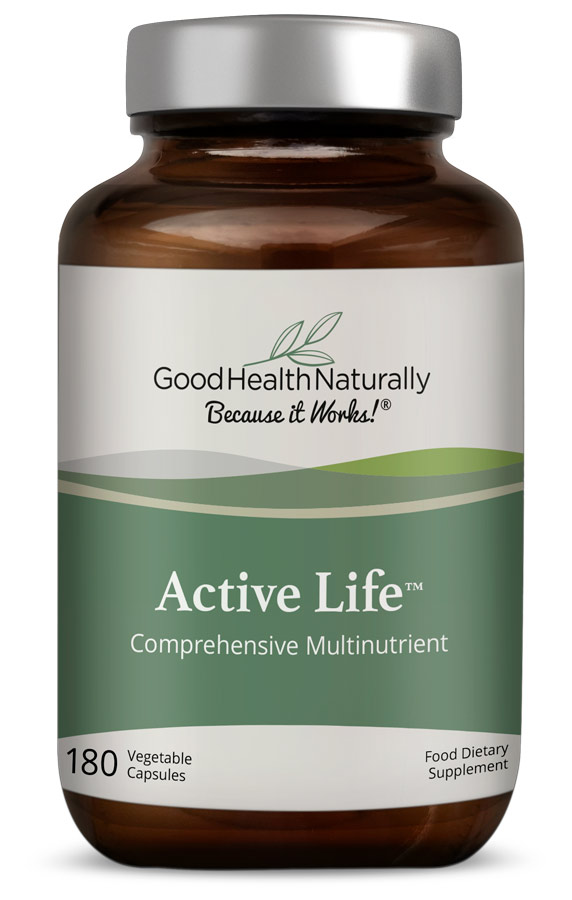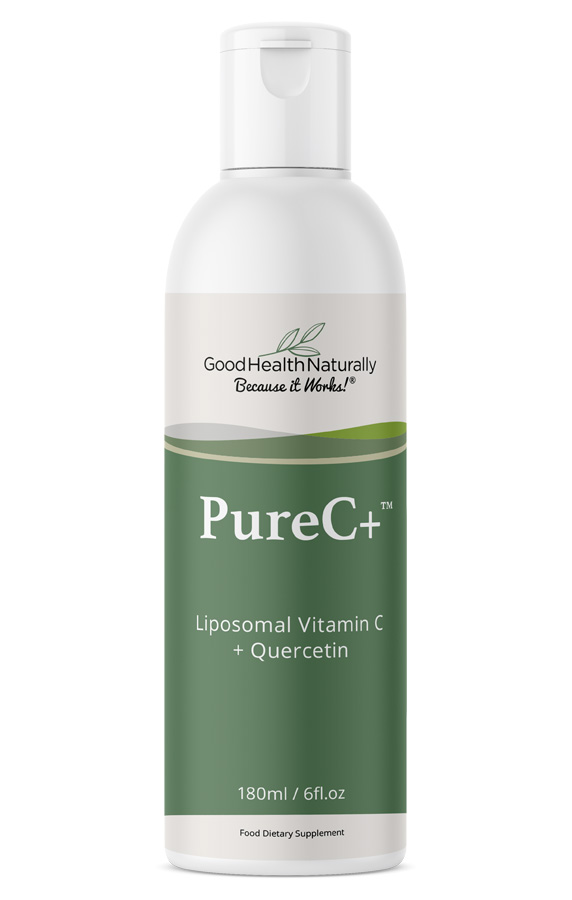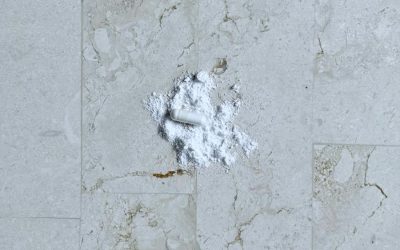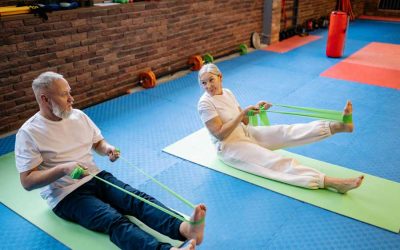The holiday season can be a time of joy, celebration, and togetherness, but it often comes with its own set of stressors. From navigating family dynamics and managing financial pressures to the temptation of indulgent foods, the festive season can lead to increased stress levels. Unfortunately, this stress can have a significant impact on your immune health. In this article, we’ll explore the science behind stress and immunity, identify the symptoms of holiday-related immune suppression, and provide practical strategies to help you stay healthy during this busy time.
Understanding Holiday Stress
We don’t often think about the connection between holiday stress and immune health. However, according to the American Psychological Association, more than 60% of adults report feeling stressed during the holidays, and this can take its toll on immunity.
This stress can stem from various factors, including:
- Financial Pressures: The costs associated with gifts, travel, and holiday meals can create a significant burden, leading to anxiety and stress.
- Social Obligations: Balancing numerous social events, family gatherings, and work parties can leave individuals feeling overwhelmed.
- Dietary Temptations: The abundance of rich foods and treats can lead to overindulgence, impacting both physical health and mood.
These stressors can trigger a biochemical response in the body that affects immune function. If you would like a deeper look at how stress hormones, the gut, and the nervous system influence immunity throughout the festive season, you may find our article How Stress Weakens Your Immune System During the Holiday Season helpful.
The Biochemical Connection
When we experience stress, our bodies respond by releasing hormones such as cortisol and adrenaline. While these hormones play essential roles in the “fight or flight” response, chronic exposure to stress can lead to prolonged elevated cortisol levels. Research has shown that elevated cortisol can suppress the effectiveness of the immune system by:
- Reducing the production of cytokines: Cytokines are signalling molecules that help regulate immune responses. Chronic stress can disrupt the balance of pro-inflammatory and anti-inflammatory cytokines, leading to a weakened immune response.
- Inhibiting the function of immune cells: Stress can impair the activity of lymphocytes, including T-cells and B-cells, which are crucial for fighting off infections. This can increase susceptibility to viruses and bacteria during winter when colds and flu are prevalent.
Symptoms of Holiday-Related Immune Suppression
As holiday stress mounts, it’s essential to recognise the signs that your immune system may be affected. Common symptoms of immune suppression during the festive season include:
- Frequent colds or infections: If you find yourself catching colds more often or taking longer to recover, this could be a sign that stress is impacting your immune health.
- Fatigue: Chronic stress can lead to physical and mental exhaustion, making it harder for your body to fight off illness.
- Gastrointestinal issues: Stress can exacerbate digestive problems, leading to symptoms like bloating, constipation, or diarrhoea.
If you would like to explore this connection in more detail, our article How Seasonal Stress Affects Digestion and Gut Health takes a closer look at how stress influences gut function during this time of year.
Proactive Strategies for Immune Support
Fortunately, there are several proactive strategies you can implement to support your immune system and manage stress during the holiday season:
1. Mindful Celebrations
Practising mindfulness can reduce stress and enhance your enjoyment of holiday gatherings. Mindfulness involves being present in the moment and can be achieved through simple techniques such as:
- Deep Breathing: Take a few moments to focus on your breath. Inhale deeply for a count of four, hold for four, and exhale for four. This can help calm your nervous system and reduce stress.
- Gratitude Journaling: Spend a few minutes each day writing down things you are grateful for. This practice can shift your focus away from stressors and promote positive feelings.
2. Balanced Nutrition
Maintaining a balanced diet amidst holiday indulgences is crucial for supporting your immune health. Here are some tips for making healthier food choices:
- Include Immune-Boosting Foods: Incorporate foods rich in vitamins and minerals essential for immune function. Focus on fruits and vegetables high in vitamin C (such as oranges, broccoli, and bell peppers) and zinc (pumpkin seeds).
- Stay Hydrated: Dehydration can negatively impact your immune system. Aim to drink plenty of water, and consider herbal teas that can provide additional immune support.
If you’re looking for lighter festive snack ideas that still feel enjoyable, I’ve shared a simple seasonal list here.
3. Regular Physical Activity
Exercise is a powerful stress reliever that also benefits immune health. Studies have shown that regular physical activity can help reduce cortisol levels and improve immune function. Aim for at least 30 minutes of moderate exercise most days of the week. This could include walking, dancing, or participating in holiday-themed fitness classes.
4. Natural Supplements for Stress and Immunity
Incorporating specific supplements can also help combat stress and enhance your immune resilience. Consider these options:
- Vitamin C: Known for its immune-boosting properties, vitamin C can help mitigate the effects of stress. Research has shown that adequate vitamin C intake can improve immune function and reduce the duration of colds.
- Zinc: This essential mineral is vital for the development and function of immune cells. Supplementing with zinc may shorten the duration of respiratory infections and support overall immune health.
- Adaptogens: Herbs like ashwagandha have been shown to help the body adapt to stress and improve resilience. These herbs may enhance overall well-being and support immune function during stressful times.
5. Creating a Supportive Environment
Social support plays a crucial role in managing stress and maintaining immune health. Encourage open communication with friends and family about your feelings during the holiday season. Sharing your challenges can help alleviate stress and foster a sense of connection. Additionally, consider delegating tasks and responsibilities to reduce your burden during this busy time.
Conclusion
The holiday season can bring joy and excitement, but it can also present unique challenges that impact your immune health. By understanding the connection between holiday stress and immune health and implementing proactive strategies, you can protect your well-being during this festive time. Focus on mindfulness, balanced nutrition, regular exercise, and supplements to keep your immune system strong and resilient.
Taking these steps will help you enjoy the holiday season to the fullest, ensuring you stay healthy and energised throughout the festivities.
References
- Slusher, A. L., et al. (2015). “Stress-induced alterations in immune function: Role of cortisol.” Frontiers in Endocrinology, 6, 39.
- Miller, A. H., et al. (2008). “Cytokine dysregulation and immune activation in major depression.” Journal of Clinical Psychiatry, 69, e207-e215.
- Campbell, J. P., & Turner, J. E. (2018). “Debunking the myths of physical activity and the immune system: How physical activity can be used to optimize immunity.” Frontiers in Immunology, 9, 648.
- Hemilä, H., & Chalker, E. (2013). “Vitamin C for preventing and treating the common cold.” Cochrane Database of Systematic Reviews, (1).
- Prasad, A. S. (2008). “Zinc: Mechanisms of host defense.” Journal of Nutrition, 138(5), 1444S-1448S.
- Panossian, A., & Wikman, G. (2009). “Effects of adaptogens on the central nervous system and the immune system.” Phytotherapy Research, 23(8), 1007-1013.


